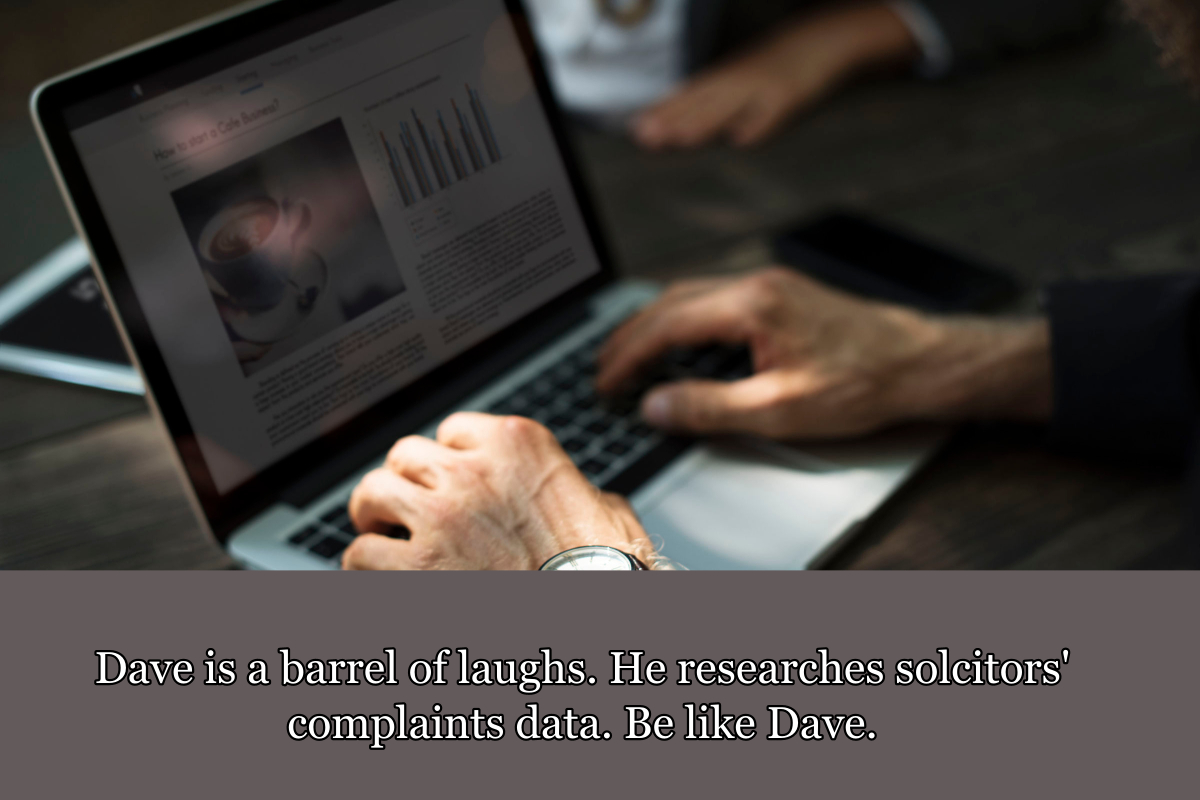The countdown to freelance and ‘unregulated’ solicitors
Both are potentially game changing, as regular readers will be familiar with us banging on about.
We are now seeing much more interest from individuals looking to go solo, businesses looking to monetise a legal function, and law firms looking to hive off unreserved work. We anticipate significant changes in the way that the profession organises itself over the next 3-5 years.
In a recent Law Society Podcast (recommended listening), Paul Bennett of Bennett Briegal LLP, discusses these fundamental changes. Some of the key messages include:
- solicitors should give serious thought as to whether freelancing is the right model for them
- Insurance will be vital – there being no current appetite in the insurance industry, but that is likely to change once insurers identify the commercial opportunities
- ‘A real focus on risk and compliance’ will be vital for those seeking insurance.
Presumably because solicitors will at last have the opportunity to compete on a level playing field with OISC advisers in immigration work.
Why it matters
There is still the vexed question of the impact on the public – will the average man-or-woman on the street understand (care about?) the difference between the different types of solicitor?
Will we have a collapse in public protection? Imagine the Daily Mail headlines after a string of uninsured property negligence cases.

A positive take on the new Solicitors Qualifying Exam (SQE)
Mr Edwards talked about the ‘many talented paralegals’, often who completed the LPC, but are unable to secure training contracts. This is wasted talent.
The SQE will make it easier for would-be solicitors to find work experience, and use that towards their qualification.
Mr Edwards went on to say that once the SQE is properly embedded, there could be as many as four times the number of solicitors currently on the roll. This could in turn have a positive impact on access to justice.
Why it matters
We think that the SQE will be popular with new entrants to the profession. Which means there are opportunities for firms to attract the brightest and the best by fully engaging with the SQE and re-thinking the traditional trainee recruitment model. Those that do not risk being left behind.
Don’t forget that under the SQE, the balance of power swings back to the trainee solicitor. They are in control of their own training. They will not necessarily need a law firm to train in.
No longer will law firms be the gate-keepers to qualification.

Solicitors getting better at resolving complaints, says SRA
Data published on 9th July analysed complaints over the past 6 years. Core findings include:
- Firms are receiving more complaints in total
- But significantly more complaints are dealt with in-house now (81%)compared with 2012 (71%)
‘By being open and constructive, firms can not only resolve issues quickly, but enhance their relationship with their client. This makes good business sense for everybody’.
Why it matters

SRA under pressure to publish solicitors’ complaints data
In the name of competition-at-all-costs, this would appear to be the inevitable direction of travel.
Why it matters
We have long been concerned about the fairness of this, and indeed the practical difficulties of gathering accurate and meaningful data.
It seems to us that the logical consequences of complaints data publication could include:
- a strong incentive to ‘game the system’ through under-reporting, early settlement and downright falsification
- an unwillingness to take on ‘difficult’ cases, with access to justice implications
- people making purchasing decisions based on raw data without context

Disciplinary decisions
- Abel Manukyan was fined £2500 in an agreed outcome with the SDT for submitting duplicate receipts and claims for taxi journeys to his employer.
- Stuart Kaufman was struck off for a number of breaches including allowing his client account to be used where there was no underlying transaction, for failing to apply appropriate CDD and for facilitating dubious investment transactions.
- David Mariampillai agreed to be rebuked and to a fine of £1200 following a conviction for driving while under the influence of excess alcohol.
- Muhammad Ifzal was struck off. The tribunal found he submitted certificates purporting to be from BPP University College which he knew to be false in support of his application for admission to the roll.







